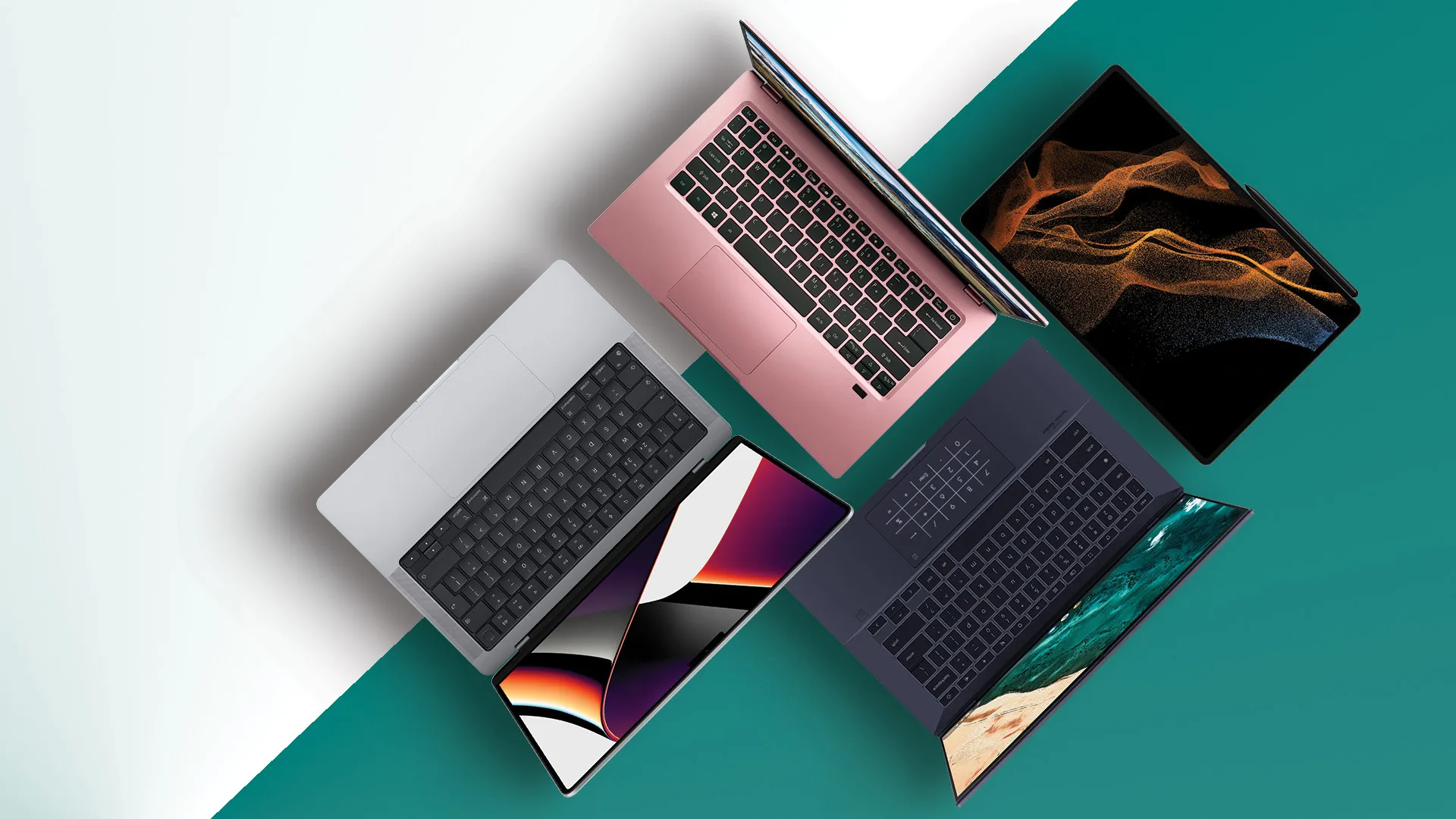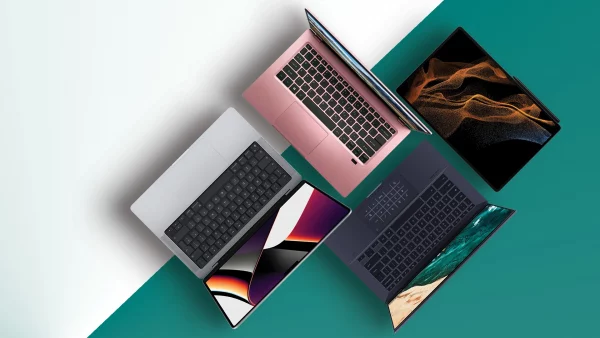In the late 1990s and early 2000s, up until around 2010, owning a laptop or personal computer was seen as a huge investment. However, a lot has changed in the last 14 years, especially with the changes in the world of work and business brought about by the COVID-19 pandemic. Owning a reliable laptop in today’s world has become essential for both personal and professional use. Whether you’re a student, a business professional, or someone looking to stay connected with friends and family, the right laptop can make a significant difference in your daily life. However, with options available, buying a laptop can be overwhelming. This guide offers key considerations to help you make an informed decision when buying a laptop, tailored to your needs and budget.
Read more about Tech
1. Purpose of Use
The first thing to consider before purchasing a laptop is what you’ll primarily use it for. This will help you determine the necessary specifications and features. For example, a student may need a laptop for assignments and online classes, which requires less power than a professional using heavy software for graphic design or video editing. Gamers, on the other hand, need high-performance laptops with powerful graphics cards. So, the purpose of use is the first thing to consider, not even the make or cost.
2. Your Budget
When you have decided what you need a laptop for, the next thing is to set a budget. This is important as it helps narrow down your options. Laptops come in various price ranges, and knowing your limit prevents you from overspending. It also ensures you get the best value for your money. While high-end laptops offer advanced features, mid-range laptops can also provide excellent performance for everyday tasks.
3. Processor
The processor, often referred to as the CPU, is the brain of a laptop. It handles all the tasks and processes. When buying laptops, you’ll encounter various processors like Intel Core i3, i5, i7, and AMD Ryzen. For basic tasks, an i3 or Ryzen 3 is sufficient, but for more intensive applications, consider an i5 or Ryzen 5 and above. The processor’s speed and generation also impact performance, with newer models generally offering better efficiency and power.
4. RAM (Memory)
RAM, or Random Access Memory, is crucial for multitasking and the smooth running of applications. More RAM allows your laptop to handle more tasks simultaneously without slowing down. For basic tasks, 4GB might suffice, but 8GB is recommended for better performance and future-proofing. If you plan on running memory-intensive applications like coding, gaming, and video editing, consider 16GB RAM or more.
5. Storage Type and Capacity
Storage affects both the speed and capacity of your laptop. HDDs (Hard Disk Drives) are the common storage types you will find in the market as they offer more storage space at a lower cost. But SSDs (Solid State Drives) are better as they provide faster performance, leading to quicker boot times and faster data access. When buying laptops, especially for work, it is recommended that you consider an SSD for a smoother experience. A 256GB SSD is a good starting point, with options to expand via external drives if needed. However, take note that SSDs are costlier than HDDs.
Sign up for the Connect Nigeria daily newsletter
6. Screen Size and Resolution
The screen size and resolution significantly impact your laptop experience. A larger screen provides a better viewing experience but can be less portable. Higher resolution screens (1080p or higher) offer better clarity and are great for multimedia consumption and detailed work. When buying laptops, choose a screen size that balances portability and usability, typically between 13 to 15 inches.
7. Battery Life
Battery life is crucial, especially if you’re always on the go. A laptop with a long battery life ensures you can work, study, or entertain yourself without constantly searching for a power outlet. Before purchasing a laptop, check the manufacturer’s claims and also read reviews by other users to get an accurate idea of real-world battery performance. Aim for models that offer at least 8 hours of battery life for a full day’s use.
8. Portability and Weight
If you travel frequently or need a laptop for on-the-go use, then portability is important. Lightweight and slim designs are easier to carry around and fit into bags. When buying laptops, check the weight and dimensions to ensure they meet your portability needs. You can look out for Ultrabooks, which are known for their portability without compromising on performance.
9. Connectivity Options
Connectivity options are vital for connecting your laptop to other devices. Ensure the laptop has the necessary ports such as USB-A and USB-C. Check what kind of data cable connection it offers, either HDMI or VGA, and it is even better if it is both. When you need to choose between HDMI and VGA, go for HDMI. Also, check for headphone jacks. Additionally, check for Wi-Fi and Bluetooth capabilities for seamless wireless connectivity.
Register to attend the CN Business Mixer
10. Laptop Build Quality and Keyboard Comfort
The build quality and keyboard comfort can greatly affect your overall experience. A sturdy, well-built laptop will last longer and withstand daily wear and tear. Pay attention to the keyboard layout and comfort, especially if you type a lot. A good keyboard and trackpad can enhance your productivity and reduce strain during long hours of use.
Got a suggestion? Contact us: [email protected]


